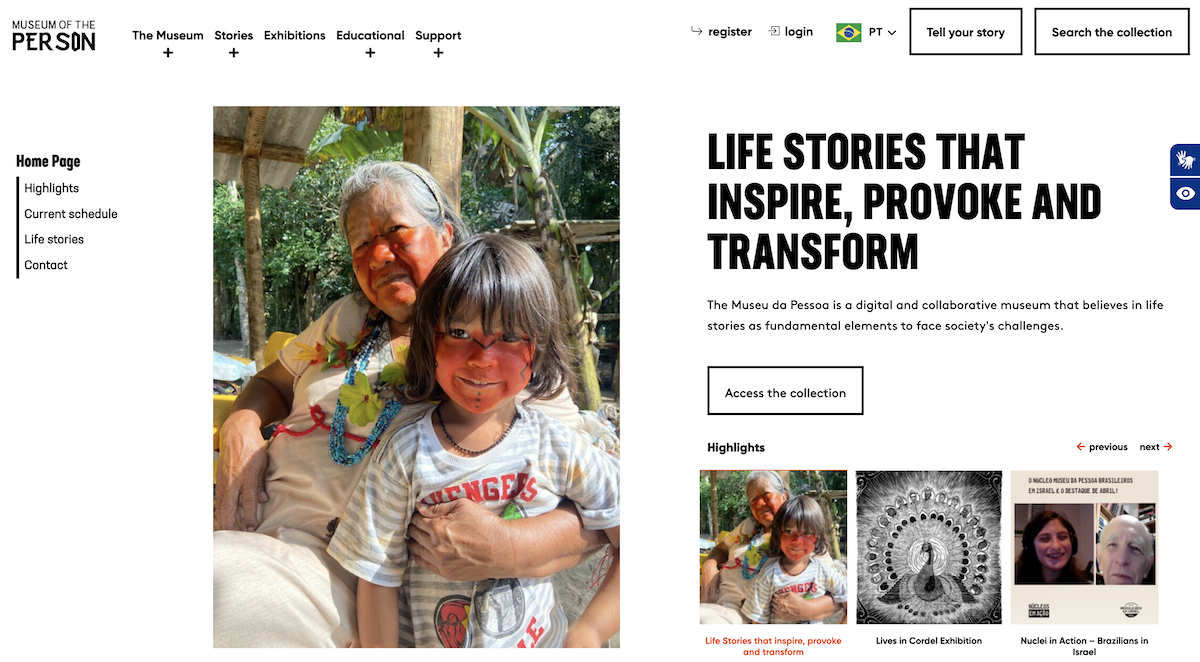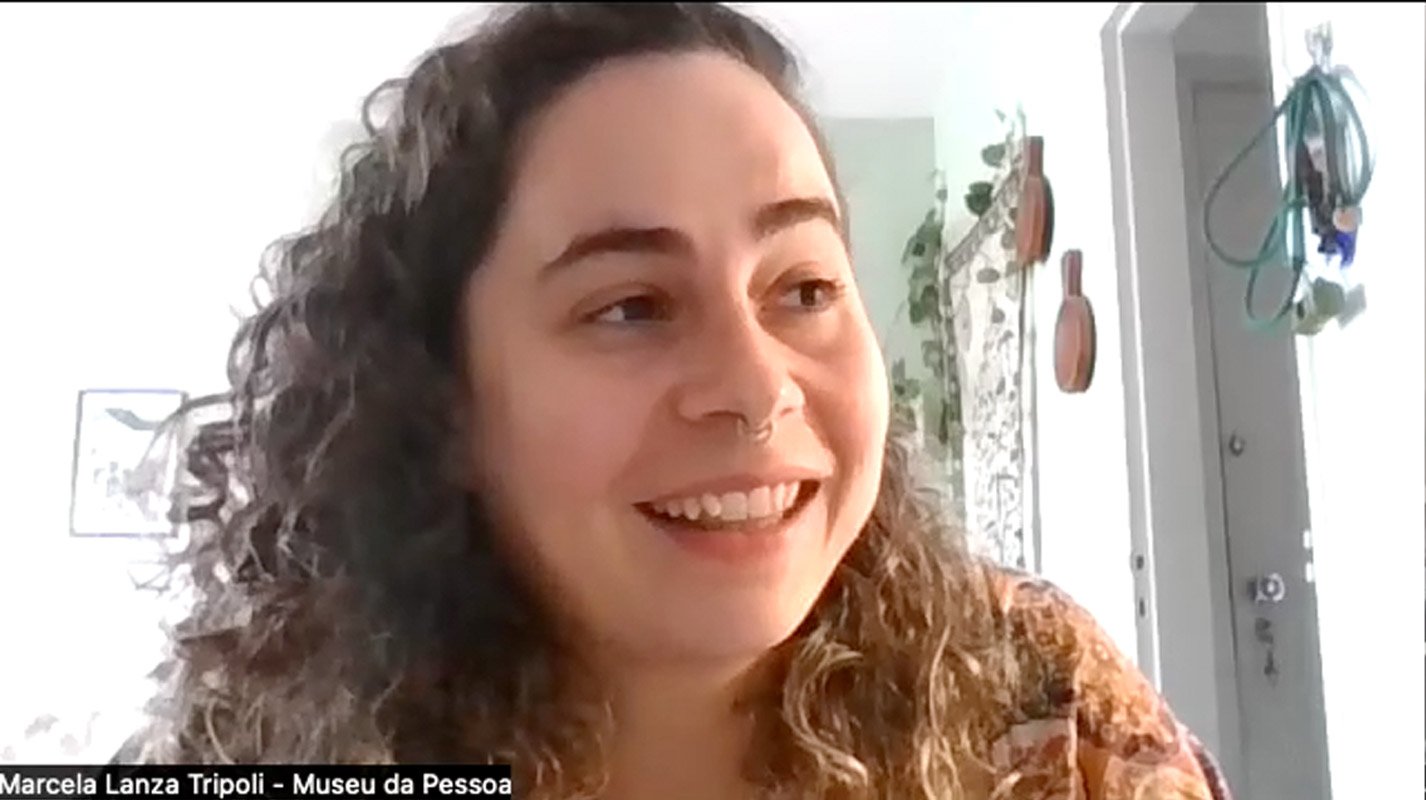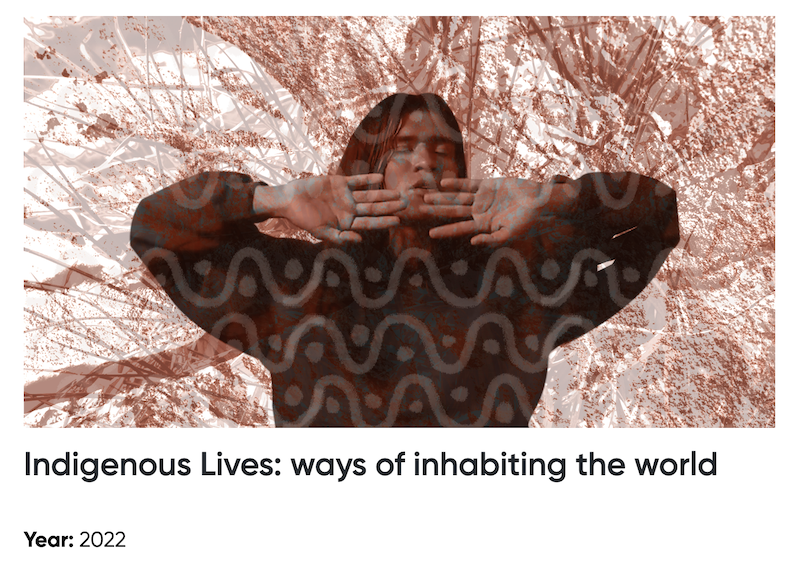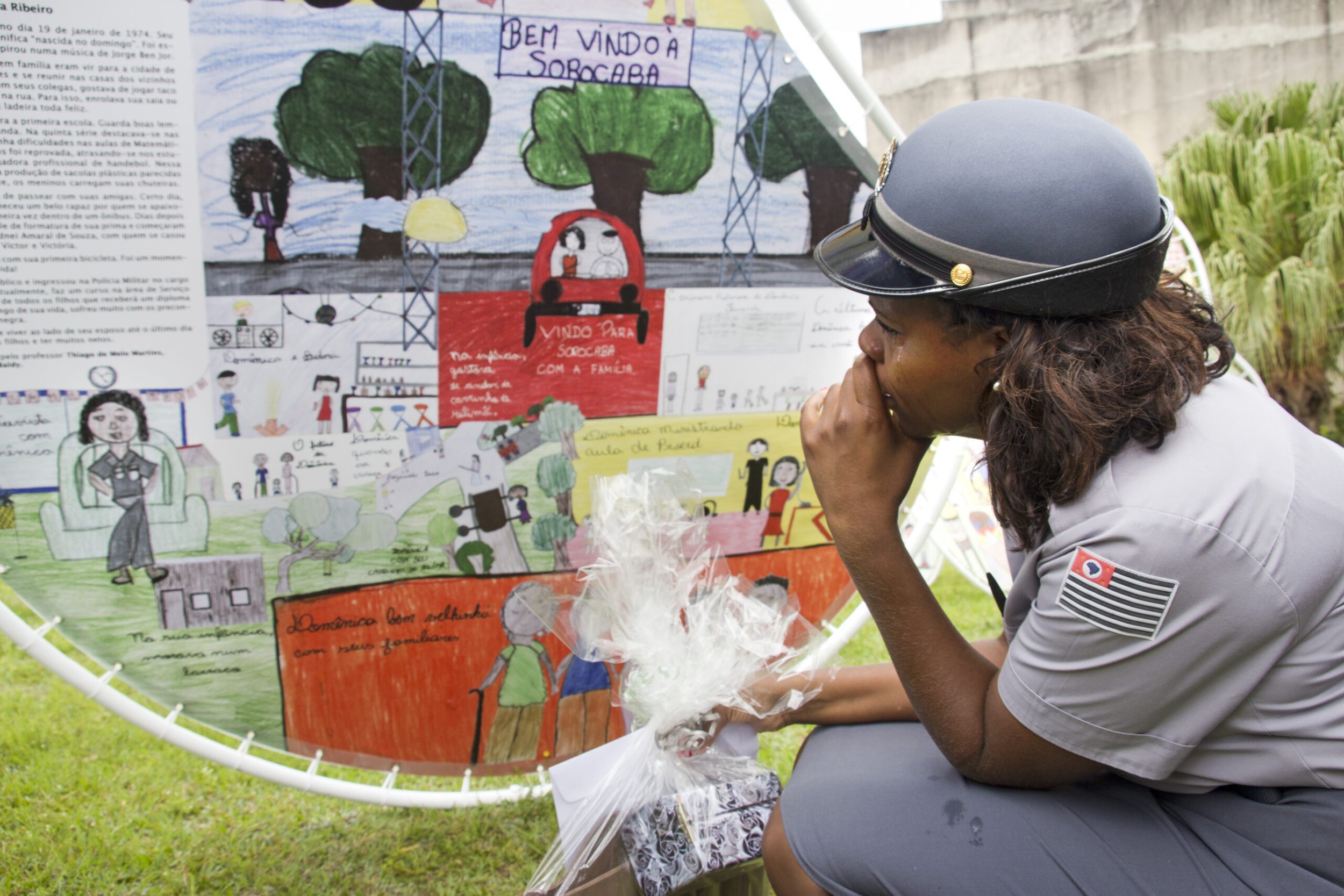Preserving Every Voice: A Conversation with Marcela Tripoli of the Museum of the Person
Founded by Karen Worcman, the Museu da Pessoa/Museum of the Person has collected 1000s of oral history testimonies and recordings in all parts of Brazilian life, and every part of Brazil.
In a world where history often amplifies only the loudest and most powerful voices, the Museum of the Person stands as a radical counterpoint—a space dedicated to preserving the life stories of everyday individuals. Founded in Brazil over 30 years ago, the museum has pioneered participatory oral history methodologies, ensuring that marginalized and overlooked narratives are not just recorded but celebrated. As hosts of the 12th International Digital Storytelling Conference this November 6-8, in Sao Paulo, we wanted to foreground their efforts for our community.
I sat down with Marcela Lanza Tripoli, one of the Museu’s program staff and co-organizer of the 2025 conference, to discuss its mission, global relevance, and the profound role of storytelling in addressing urgent issues like climate change and Indigenous rights.
A Museum for Everyone
Joe: How would you describe the Museum of the Person to someone unfamiliar with it?
Marcela: The Museum of the Person is built on the idea that every life story matters. History, as we know it, tends to spotlight "winners"—those in power or with privilege. But what about everyone else? We collect and preserve personal narratives from all walks of life, ensuring diverse perspectives shape our collective memory. Whether it’s a cook at a football club or an Indigenous elder in the Amazon, their stories are just as vital as those of CEOs or politicians.
Joe: What does a typical year look like for the museum?
Marcela: Our work is vast and dynamic. This year’s theme, "Life Voices and Knowledge in a World on Fire," focuses on how personal stories can help us navigate crises like climate change.
We host exhibitions (both online and in-person), video contests where participants reinterpret stories from our archives (we’ve had over 800 registrations!), and educational programs where teachers engage with oral history. We’re also conducting 70+ interviews across Brazil’s five regions and setting up storytelling booths in public spaces. Later this year, we’ll co-host the 12th Digital Storytelling Conference, bringing together global voices.
But perhaps our most unique feature is our network of 70+ partner organizations—NGOs, collectives, and cultural groups—whom we train in oral history methods. We don’t want to be the sole storytellers; we want to share our tools with others so they document their own communities.
Methodology: Who Gets Heard?
Joe: How do you decide whose stories to include?
Marcela: Traditional memory projects might only interview executives or "official" voices. We deliberately seek out those excluded from dominant narratives. For example, when documenting the history of São Paulo’s football club, we interviewed the woman who ran the kitchen for 30 years. Her perspective was invaluable—yet rarely acknowledged.
Our methodology ensures representation across class, race, and geography. It’s collaborative: communities help shape the project, and interviewees co-own their stories.
Joe: How does the museum sustain itself financially?
Marcela: (Laughs) Ah, the eternal question for cultural institutions in Brazil! We rely on a mix of sources:
Corporate partnerships: Companies often fund cultural projects as part of social responsibility mandates.
Themed projects: For instance, we’re working with a pet food brand to document human-animal relationships through personal stories.
Government grants and international funding: Though global cuts to cultural funding have hit hard, we’re exploring partnerships with organizations like Myriad (a philanthropy network).
We’re an NGO, not a public museum, so creativity in fundraising is essential.
Brazil on the Global Stage
Joe: Why is international collaboration important for the museum?
Marcela: Brazil is a continent unto itself, but global crises demand global solidarity. Yet Global South voices—especially Indigenous communities—are often sidelined in these conversations.
We’re working to bridge that gap. For COP30, we’re amplifying stories from the Amazon, where Indigenous knowledge is critical to environmental preservation. These narratives aren’t just "cultural snapshots r"—they’re solutions the world needs.
Indigenous Rights and Land Sovereignty
Joe: How does the museum support Indigenous communities?
Marcela: Over the past decade, we’ve deepened our work in the Amazon. One aspect of our Indigenous program focuses on preserving Indigenous languages—over 250 are spoken in Brazil, many endangered. We’ve recorded various languages so far, safeguarding not just words but cultural practices, like fishing techniques and rituals.
These stories have real-world impact. In one case, interviews we conducted became evidence in a land rights lawsuit, helping a community prove ancestral ties to their territory—and they won.
Critically, Indigenous partners lead every step: filming, editing, and archiving. We’re facilitators, not gatekeepers.
Joe: And finally, what should visitors expect when engaging with Brazil at the conference?
Marcela: Forget the stereotypes—samba and football are just the surface. Brazil is a mosaic of cultures, many unknown even to Brazilians! Come with an open mind. Be ready for your assumptions to be challenged by the diversity of food, art, and perspectives you’ll encounter.
And most importantly, listen. That’s what we do at the Museum of the Person: we listen to the stories the world often ignores.
The Museum of the Person’s work reminds us that history isn’t just about the past—it’s a living, breathing force shaped by all of us. To learn more, visit [museum website] or follow their storytelling initiatives on social media.





